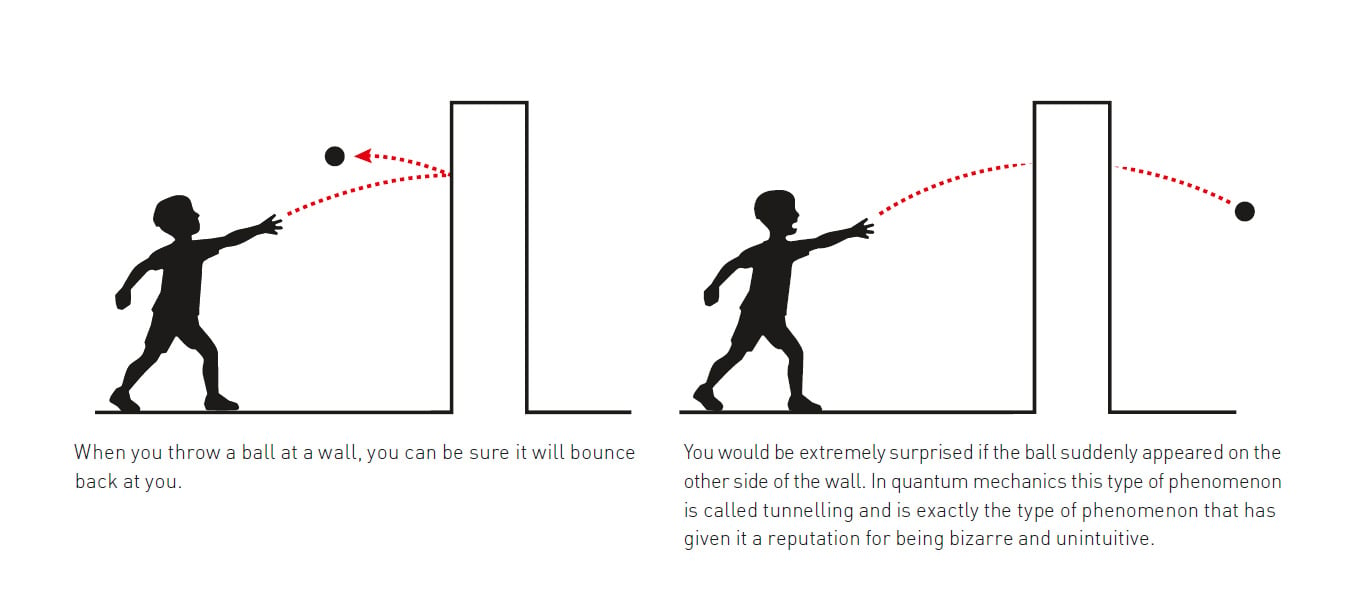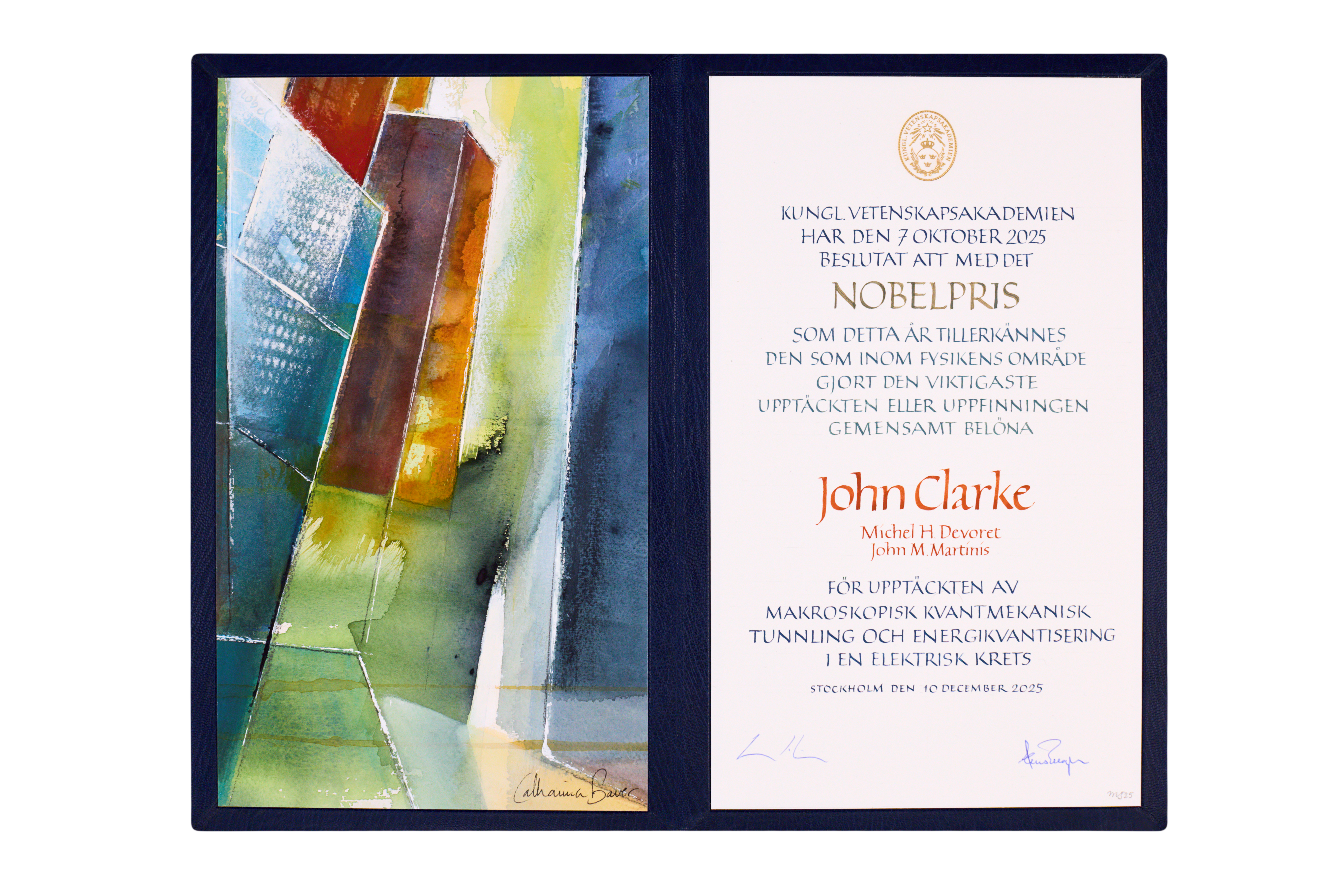Professor John Clarke, alumnus, is awarded the 2025 Nobel Prize in Physics, jointly with Michel H. Devoret and John M. Martinis, for their work revealing quantum physics in action.
As an undergraduate at Christ’s, John Clarke studied Natural Sciences in the 1960s. His PhD research was carried out at the Royal Society Mond Laboratory on Free School Lane during which time he was one of the first students at Darwin College. He was made an Honorary Fellow of Christ’s in 1997.
Professor Clarke took up a postdoctoral position at the University of California, Berkeley in 1968, becoming an Assistant Professor in 1969 and where he remains a Professor Emeritus of the Graduate School.
The Nobel committee recognised innovative work performed by the three scientists in a series of experiments in the 1980s on electrical circuits which demonstrated quantum mechanical tunnelling and quantised energy levels.

This research in turn led to the development of the next phase of quantum technology including the quantum computer, quantum cryptography and quantum sensors.
Simon McDonald, Master of Christ’s said:
“John Clarke was born in Cambridge and did not stray far when choosing his university. We are immensely proud of his achievements; the Nobel Prize for Physics crowns his illustrious career.”
Professor Clarke joins four other Nobel Laureates from Christ’s: Duncan Haldane (m. 1970) Nobel Prize for Physics in 2016; Martin Evans (m. 1960) Nobel Prize in Medicine in 2007; James Meade (Fellow) Nobel Prize in Economics in 1977; and Alexander Todd (Fellow and Master) Nobel Prize in Chemistry in 1957.
Read more about the Nobel Prize in Physics 2025.

Photo Credits: Peg Skorpinski and Johan Jarnestad/The Royal Swedish Academy of Sciences

